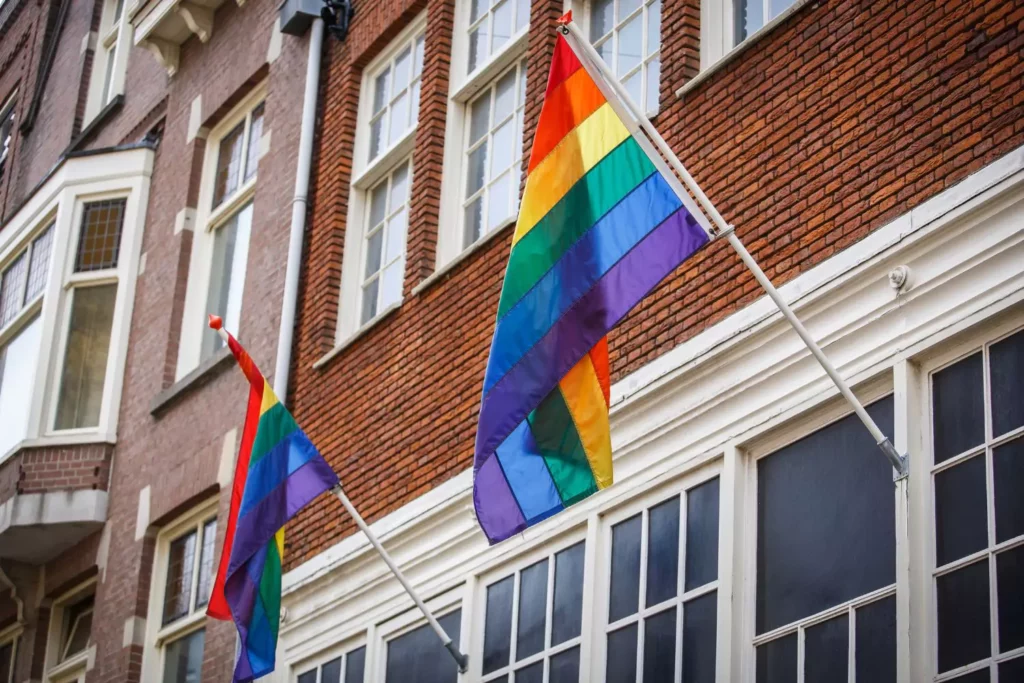Yesterday’s post by Joshua Rogers titled “Is Your Church as Friendly as a Gay Bar?” has prompted some pretty strong reactions from readers at Boundless, Focus on the Family and beyond. I’d like to weigh in with some clarifying thoughts.
I understand that in print—without tone, added context, and a personal knowledge of author Joshua Rogers—it can be a little confusing to parse out the exact intent of his comments. I apologize for this. We never meant to create division or undue concern by throwing a match on an already heated issue. And I appreciate the desire displayed by so many on social media to remain in step with biblical truth and God’s view of sin, sexuality and redemption. To that end, thanks for engaging in the discussion.
Our primary goal with this piece was to remind ourselves as believers that when it comes to sin, we’re on a level playing field. When I came to Jesus, I came as a sinner. Some of that sin I was convicted of and wanted to confess immediately. But if I’m honest, there was some I wanted to coddle and even cling to. Even now, after years of walking with the Lord, there’s a lie or two that Satan loves to throw in my face at every opportunity. He tries desperately to convince me that I’m not wanted, not loved, and quite frankly, a colossal failure who can be summed up in one word: worthless. I am forced to preach the gospel to myself every day to stand against the onslaught of what the world and the devil throw at me, not to mention the evil I drum up in my own heart and mind with little to no assistance whatsoever. But God is lavish and perfect in His forgiveness and grace.
I know Joshua personally, and I can assure you he wasn’t saying what some of you are insinuating: that we should ignore the reality of sin in others’ lives—in the LGBT community or anywhere. What he’s saying is that we shouldn’t categorically deny the LGBT community access to grace—grace they may not initially seek or understand. To be noticed, that grace needs to be lived out. As the article asserts, the gay community bands together in community to be loved, accepted and validated. Who among us doesn’t want that? It makes perfect sense. We want to belong, to be told we’re OK.
But none of us is OK. That shouldn’t come as a surprise to anyone. Not deep down, at least. Even as Christians, the only record we can bring to the table is Christ’s. The Bible reminds us that our own merits, even the best ones, are filthy rags. Apart from Him, we’re nothing. And there’s nothing in us that went out seeking Him, either. He had to find us first.
So to love sinners, whether gay or straight, we should do what Jesus did—go after them. Not by ignoring or excusing their sin. Not by acting like God doesn’t care about holiness or the truth of His Word. Not by dodging the conversation and hoping it will go away. But by inviting broken people into a gospel that can meet every need they’ve ever had. By choosing not to categorize them by their sexuality or their behavior like it’s the biggest thing about them; it’s not. Instead, we should show them that they are image-bearers of the living God; that they are loved; they are relentlessly pursued by a Jesus who knows their junk and is big enough to fix it all, even if they don’t think they need fixing just yet. Remember, you weren’t too eager to be fixed at first, either.
Unrepentant sinners, gay or otherwise, are not members of the body of Christ, and we shouldn’t pretend they are. But that doesn’t mean they can’t darken the doors of our churches and see transformed, grace-riddled lives in action. Better yet, maybe we could start by inviting them into our everyday lives, like to our backyard barbeques or birthday parties. Maybe they should have a place at our dinner table, in our holiday celebrations, and on our prayer lists. Maybe they need to know that they aren’t defined by their sin any more than we are, so they don’t need to live like they are.
As Joshua closes out his piece, the “tragedy” he speaks of isn’t Orlando; Christians aren’t responsible for that terrorist act. But we will be called to account for how we treat others, even (especially) those with whom we disagree. G.K. Chesterton has been credited with saying, “A man knocking on the door of a brothel is really looking for God.” I’d venture to say the same is true of a gay bar. So, c’mon, fellow Christians. Let’s show folks where to find Him.












